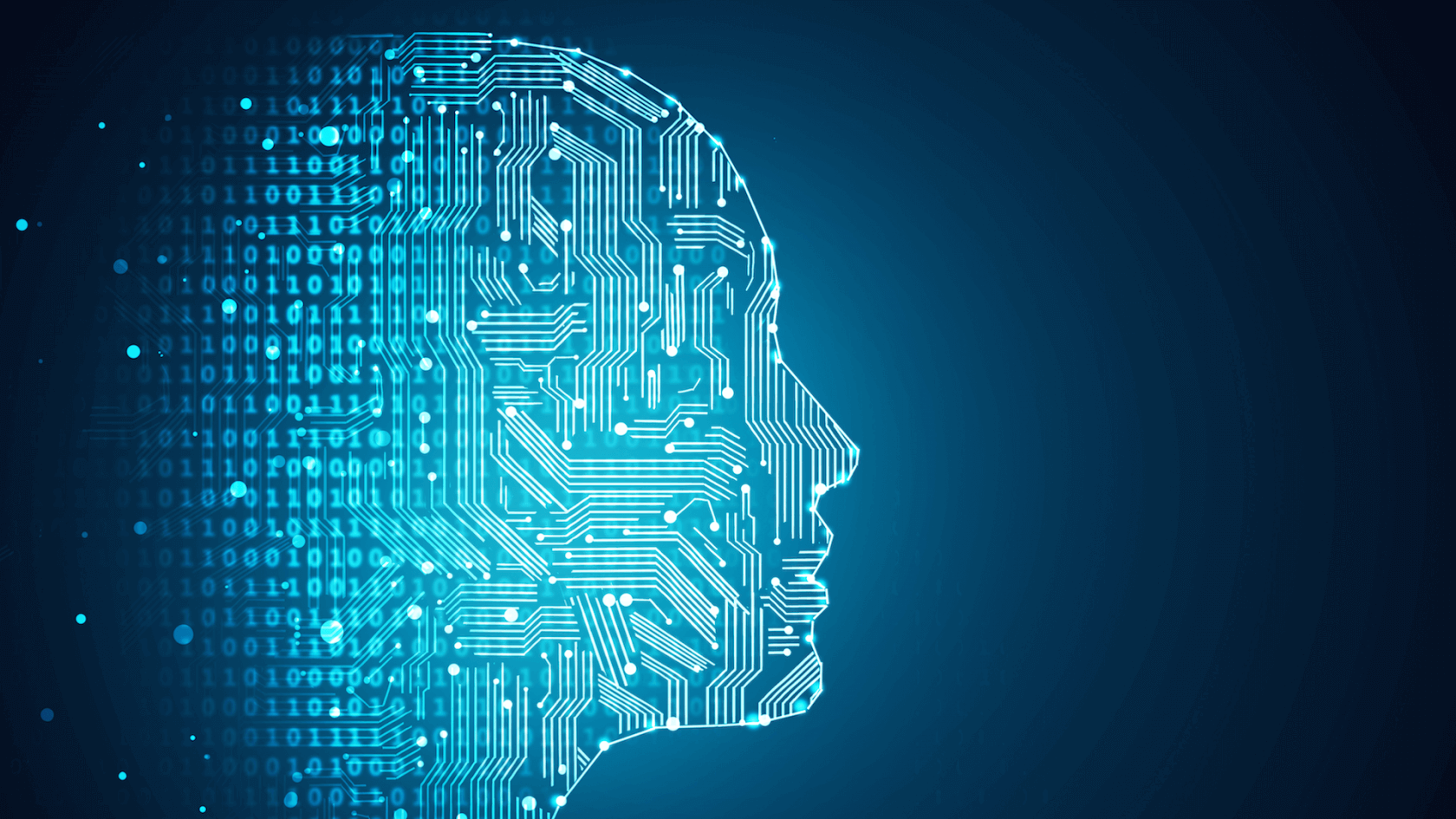In brief: Alzheimer's disease is arguably one of the most debilitating brain complications an individual can face in their lifetime. However, detecting it early can make a huge difference in treating its worst symptoms, and that's where University of California researchers' latest AI comes in. The AI has been trained to detect early signs of Alzheimer's years before the harshest symptoms kick in.
The role of artificial intelligence in our daily lives becomes more and more varied as time goes on. Sure, AI can already beat some of the world's best Chess, Go, and DOTA 2 players, but it has plenty of more practical uses as well; specifically in the realm of medicine.
Tech companies and researchers have trained AI to detect heart problem, diagnose depression, and even discover eye diseases in patients. Now, according to VentureBeat, researchers based in the University of California's Radiology Department have developed an "AI system" that can predict Alzheimer's disease far before its symptoms become debilitating.
Researchers pulled this off by training their AI with a series of brain images taken of people who have Alzheimer's disease. These brain images use a "radioactive glucose compound," known as FDG, to help doctors detect certain areas of the brain that have lowered metabolic activity, assisting with the early detection of the debilitating brain disease.

By training their AI on over 2,100 FDG images, researchers managed to teach it to detect these metabolism-related signs of Alzheimer's with 100-percent accuracy. The team's test sample size was small, at only 40 separately-tested images (which weren't part of the 2,100 training images), so this study is far from comprehensive.
However, it acts as a proof of concept more than anything else. At the very least, the researchers involved in this study have proved it's possible to use AI to assist radiologists with even the most hard-to-detect diseases out there, such as Alzheimer's. Additionally, the success of this study could push other universities and research teams to perform similar experiments; perhaps on a larger scale.
If you want to read the full study for yourself, you can do so via the Radiology Society of North America's official website.
